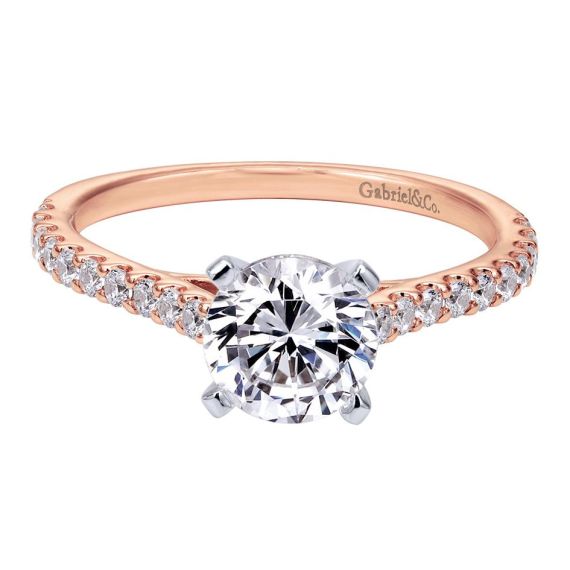
In the bustling heart of Birmingham, a quiet revolution is taking place in the world of jewelry. Increasingly, discerning customers and eco-conscious buyers are turning their attention to lab-grown diamonds, a trend that is reshaping the local market. As more Birmingham jewelers embrace these ethically produced gems, the demand for lab grown diamonds Birmingham is surging, reflecting a broader shift towards sustainability and environmental responsibility in the jewelry industry.
Lab-grown diamonds are not a new phenomenon, but their popularity has skyrocketed in recent years. These diamonds, created through advanced technological processes that mimic the natural formation of diamonds, offer an eco-friendly and cost-effective alternative to traditional mined diamonds. For Birmingham jewelers, the advantages are clear: lab-grown diamonds are not only indistinguishable from their natural counterparts but also come with a significantly lower environmental footprint.
The traditional diamond mining industry has long been associated with various environmental and ethical concerns, from deforestation and habitat destruction to questionable labor practices. In contrast, lab-grown diamonds are produced in controlled environments, using sustainable energy sources, and without the need for harmful mining practices. This shift is particularly relevant in an era where consumers are more informed and conscientious about the origins and impact of their purchases.
In Birmingham, jewelers are responding to this shift in consumer preference with enthusiasm. Stores across the city are expanding their collections to include a wide array of lab-grown diamonds, offering everything from engagement rings and wedding bands to bespoke pieces and everyday wear. This trend is not just about meeting demand but also about aligning with the values of a growing customer base that prioritizes sustainability and ethical sourcing.
One of the key players in this movement is Jewels of Birmingham, a renowned local jeweler known for its commitment to quality and innovation. By incorporating lab-grown diamonds into their inventory, Jewels of Birmingham has seen a remarkable increase in interest and sales. According to their spokesperson, “Lab-grown diamonds are the future of the jewelry industry. Our customers love that they can get a beautiful, high-quality diamond that is also environmentally friendly and ethically sourced.”
The environmental benefits of lab-grown diamonds are substantial. Traditional diamond mining requires the removal of vast amounts of earth, often leading to significant landscape alterations and habitat loss. Additionally, the carbon footprint of mining operations is considerable. In contrast, the process of creating lab-grown diamonds uses less water, generates fewer carbon emissions, and reduces the overall environmental impact.
Economic considerations also play a significant role in the appeal of lab-grown diamonds. These diamonds are typically 20-40% less expensive than their mined counterparts, making them an attractive option for budget-conscious consumers without compromising on quality. This affordability, combined with the ethical and environmental advantages, positions lab-grown diamonds as a compelling choice for modern jewelry buyers.
Birmingham’s embrace of lab-grown diamonds is part of a larger global trend towards sustainable luxury. As more consumers seek to make purchases that reflect their values, industries across the board are adapting. The jewelry industry, with its historical ties to both natural beauty and ethical complexities, is uniquely poised to benefit from this shift.
In conclusion, the rise of lab-grown diamonds in Birmingham signifies a positive change in the jewelry market. As jewelers in the city continue to expand their offerings and promote the benefits of these sustainable gems, Birmingham is set to become a leading hub for ethical and environmentally friendly jewelry. The growing preference for lab-grown diamonds in Birmingham not only highlights a shift in consumer behavior but also represents a meaningful step towards a greener and more responsible future for the industry.
